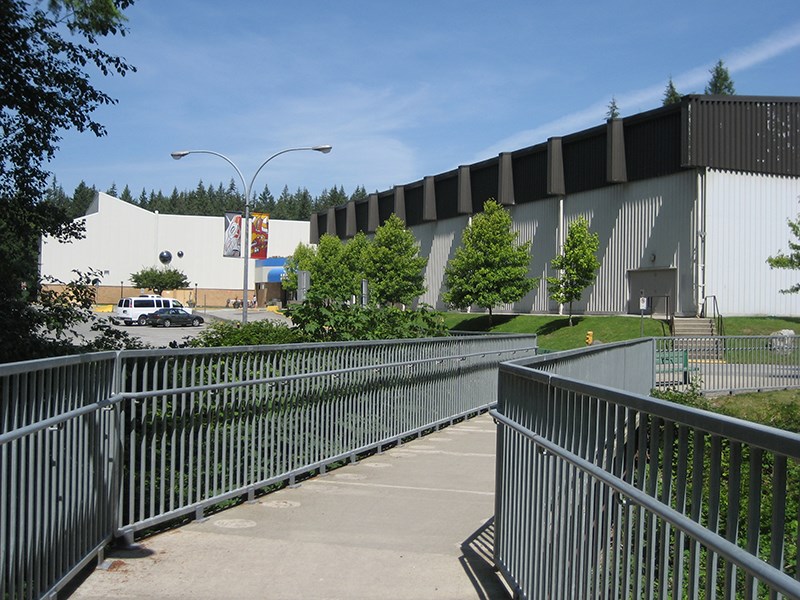It is time to ask questions about who pays for Powell River Recreation Complex.
People living in electoral areas have not paid taxes toward the facility. The building and maintenance of this foundational institution were paid for from the taxes of City of Powell River residents, and not those who live outside the city limits.
Do we want to pay taxes toward the upkeep of the recreation complex? Nobody wants higher taxes, but this month 16 electoral area taxpayers wrote to the regional district board that they do want to contribute taxes toward the complex. They did not say how much they wanted to pay, however, and that is a very important point.
What is their fair share? Everyone shares the benefit of having an ice rink, theatre, pool and gym in our community. It feels good to know children can learn to swim and skate. Hockey games and shows are well attended by people living in and outside the city.
But one can argue the recreation complex is less available to those who have to drive more or take a ferry to go to the game. Should that be reflected in the contribution?
At one time, non-city residents were charged a higher fee for using the recreation complex. Remember that?
I believe the city was recouping costs they didn't pay in taxes by charging them almost double. I don't know why that practice stopped, but I would like to know how many non-city residents use the recreation complex now. These statistics could help answer the fair-share question.
What level of tax increase could rural taxpayers expect to pay? The price varies with each electoral area.
At a recent regional district meeting, directors estimated the contribution the city is asking for would mean an increase to the average rural household of between $59 and $234 per year.
Let’s say taxpayers living outside the city do contribute to the complex; will they then have a say in its management and evolution? It does not seem right to hand over tax money without having some oversight in how it is spent.
Currently, city staff manages the recreation complex and city council sets policy. This system of management has led to the funding crisis we face today.
The regional district does not want to blindly hand over funds to prop up an unsustainable operation. On the other hand, any mechanism for the regional district to influence spending on the recreation complex will take up regional district staff time and cost taxpayers even more.
We do not need double governing over recreation complex spending, which is why any contribution arrangement between the city and the regional district has to be carefully considered and crafted.
The regional district board appears open to negotiating a contribution deal with the city. A regional district referendum is possible this year. It is time to ask questions.
Janet May is a writer, outdoor educator, and Powell River Regional District Electoral Area B resident.



